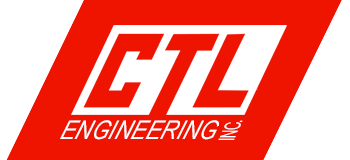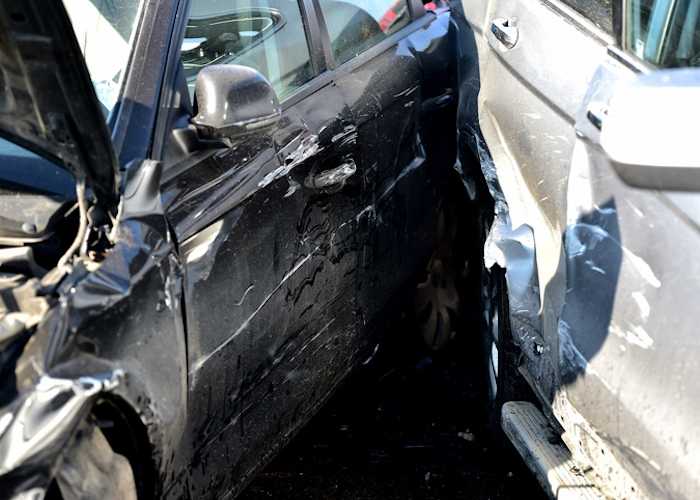5 Things to Look For in an Accident Reconstruction Team
Accident reconstruction is a painstaking process requiring extensive training, skill, intuition, and on-the-job experience. When accidents cause injuries, deaths, or monetary losses, reconstructionists can be the deciding factor in lawsuits and insurance claims.
It’s not enough to find somebody who satisfies your direct needs — your reconstructionist also must be able to present a case that’s more compelling than any competing explanations brought in by opposing counsel.
When you need a high-quality accident reconstructionist, keep these five factors in mind:
1. Experience in court, the lab, and the field
A veteran forensic engineer can have years of education and a deep understanding of math and physics but can fold under questioning in court. A seasoned police officer can have extensive experience at car collision sites but not much engineering background. A veteran lab tech can be great with numbers and physical evidence but lack the intuitive sense of what appeals to a jury.
For opposing counsel, it can be dangerous to overlook these kinds of gaps. That’s why CTL Engineering assembled a team with decades of experience in courtrooms, laboratories, and accident scenes. It’s difficult to find all these skills in the same person, so you need a partner who can field a team of reconstruction experts.
2. Reputation for accuracy and compelling testimony
Your reconstructionists should be able to provide solid references from previous clients and insurers to prove they have earned the respect of the industry. They should be able to provide evidence of the cases where their conclusions and testimony were deciding factors.
3. Lack of bias in conclusions
The first duty of a reconstructionist is to provide an unbiased assessment of a crash’s contributing factors. That requires a strong grounding in the scientific method to ensure that conclusions are based on solid evidence rather than conjecture.
Some reconstructionists who provide expert testimony work for only one side in a case (that is, defendants or plaintiffs/prosecutors). CTL takes cases on either side because the best professional accident reconstructionists can arrive at a factual, unbiased conclusion regardless of where the client stands.
4. State-of-the-art facilities
A fully equipped laboratory includes instruments and devices to help assess factors contributing to an accident. For example, CTL reconstructionists are equipped to retrieve and interpret data from automotive “black box,” which can establish speed and other factors at the time of a collision. A fully equipped garage permits evaluation of vehicles for possible mechanical defects or failures that may have contributed to an accident. A mechanical testing laboratory can be used to test components and a metallurgical laboratory can be used to understand the cause of component failures.
Another key competency is creating simulations that visually demonstrate what happened in a crash. If reconstructionists cannot provide this service themselves, they should be able to collaborate with experts who can. CTL’s lab has all these requirements and more, ensuring we can provide thorough product testing and vehicle evaluations.
5. Comprehensive credentials
Reconstructionists should have ample experience in the field in order to put together accurate models. They can even be certified by the Accreditation Council for Traffic Accident Reconstruction (ACTAR), which requires a minimum of 80 hours of continuing-education training units within five years.
While ACTAR credentials form a worthwhile baseline, it bears mentioning that it takes a deep background in math, physics, and engineering to fully master the complexities of accident reconstruction. Some seasoned professionals in this field may have a master’s degree or doctorate in addition to ACTAR certification.
What it takes to prevail in an accident lawsuit
Engineering acumen, field experience, and lab work will get you only so far in a disputed accident claim. What really matters is being able to nail down all the technical details and convey them in court in a manner that’s free of bias and easy for a jury of nonprofessionals to understand.

